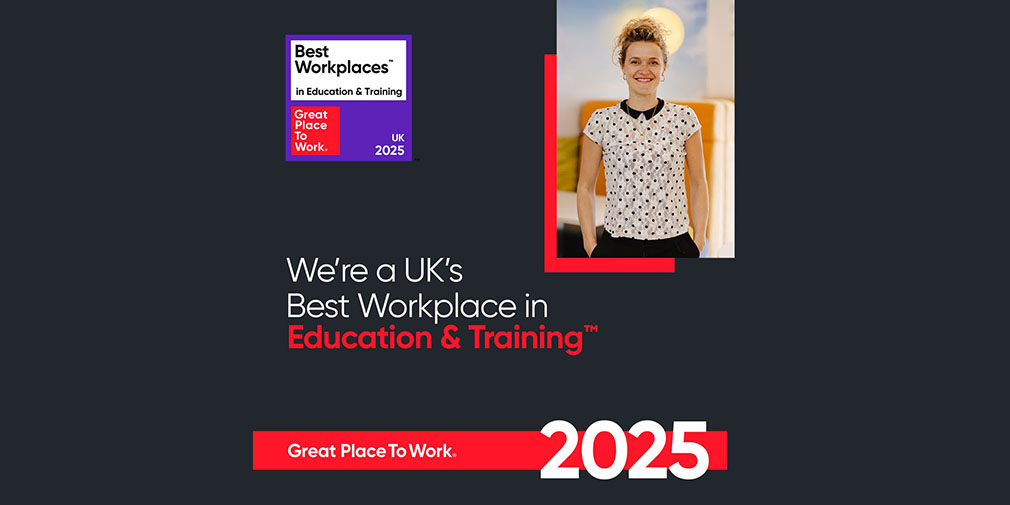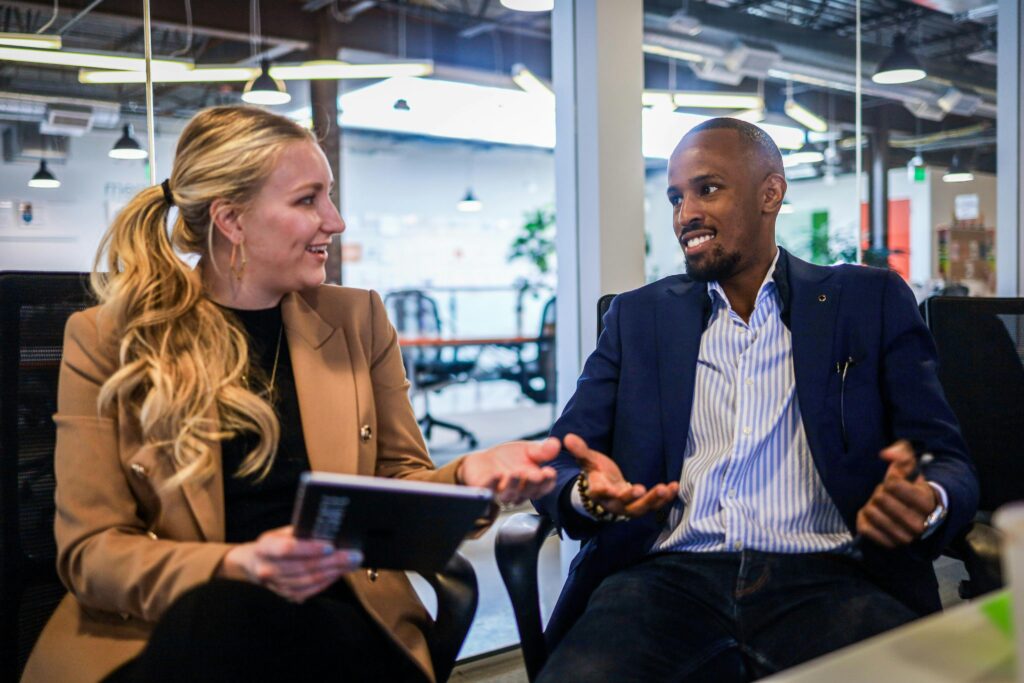Got your attention? In the spirit of transparency, we probably can’t save you £700 million, but have you considered how much money your organisation could be wasting because of poor use of Excel or Google Sheets?
Why did we use £700 million to catch your attention? You’re probably aware of the data breach at the UKs Ministry of Defence (MOD) in 2022 where the details of 19,000 people from Afghanistan seeking relocation to the UK were leaked, by accident. The breach came to light when some of these details started appearing on social media.
The UK government moved to relocate as many vulnerable people as possible, this is where the £700 million comes in.
Beyond the many questions the MOD face about their general handling of sensitive data, one of the central causes of the breach seems to lie with poor use of an Excel workbook.
It would seem that an MOD official, while trying to double check some data, shared a workbook. This was done believing there was only 120 rows of data. But there was much more.
This is just the latest in a long history of poor Excel use resulting in material losses.
Austerity
In 2010 a couple of Havard economists (Carmen Reinhart and Kenneth Rogoff) used a workbook to make the case for austerity, stating that once a government’s debt reaches 90% of Gross Domestic Product, growth reverses.
Unfortunately, many countries followed a policy of austerity to keep debt below that magic 90%.
Sadly, for all of us, there was a small error in their calculations. There would be no contraction in these economies, there would, in fact, be growth.
JP Morgan Chase & Co
A single trader managed to lose over $60 billion and cause the company to be fined a further $920 million.
When the dust settled it was clear that a great deal of copying and pasting of data was going on. Unfortunately, the formulas were not being checked!
And the list goes on
From issuing twice as many tickets at the 2012 Olympics for the synchronised swimming, GCHQ tapping hundreds of telephones by mistake, losing COVID test data, to FANNIE MAY losing $1 billion because of a dodgy formula, there is a wealth of salutary tales to explore.
Why are we still making these mistakes?
The first question is should we be using Excel? Many expensive failures have occurred because Excel was simply the wrong tool for the job. But you already have it don’t you? Why pay for another product, and all the training that goes with it?
If you’re going to build your systems on Excel (or Google Sheets, or Libre Office, etc) have you really equipped your teams with the skills they need?
The problem with falling back on Excel, when it’s not really the best tool, is that your teams will need to be far more proficient using Excel. Persuading Excel to work effectively at tasks it’s not best suited for requires skill and diligence, without which it becomes massively time consuming and terrifyingly inaccurate.
If you’re committed to Excel
So back to the real world. Excel is what you have, and you need to make it work, and here’s the bit you’ve been waiting for, you need to train your teams.
Times are tough, and when times are tough training is an easy saving. But here’s a little challenge for you, take 5 minutes and list the number of decisions, performance monitoring, stock control, strategy, payroll, asset management anything that carries a financial, regulatory or reputational risk.
How much of that is driven by Excel workbooks?
How often have you wondered how something has ended up costing so much? how something got so bad without anyone noticing? why on earth we made the decisions we did? Perhaps, just perhaps poor Excel use was to blame.
We may not save you £700 million, but having teams highly skilled and confident using Excel is a good place to start, it may keep you out of the Excel disaster hall of fame.
Sleep well!





















